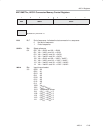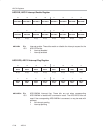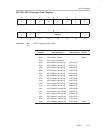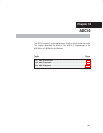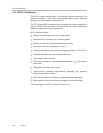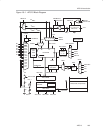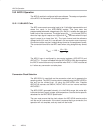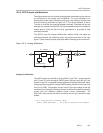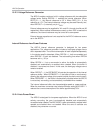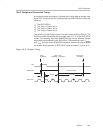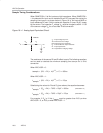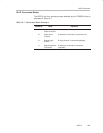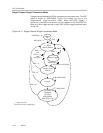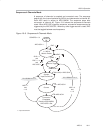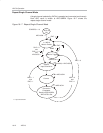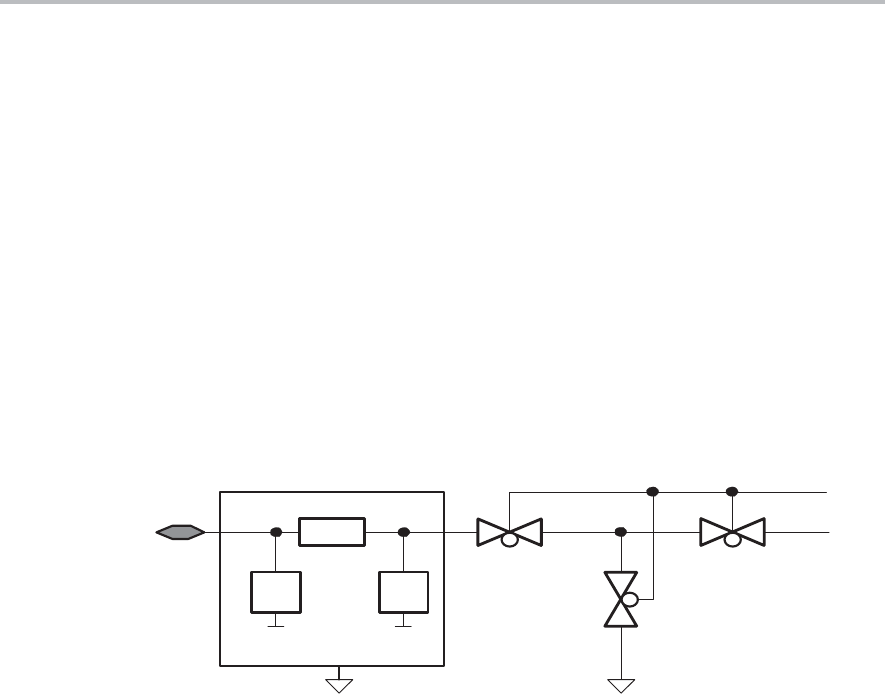
ADC10 Operation
18-5
ADC10
18.2.2 ADC10 Inputs and Multiplexer
The eight external and four internal analog signals are selected as the channel
for conversion by the analog input multiplexer. The input multiplexer is a
break-before-make type to reduce input-to-input noise injection resulting from
channel switching as shown in Figure 18−2. The input multiplexer is also a
T-switch to minimize the coupling between channels. Channels that are not
selected are isolated from the A/D and the intermediate node is connected to
analog ground (V
SS
) so that the stray capacitance is grounded to help
eliminate crosstalk.
The ADC10 uses the charge redistribution method. When the inputs are
internally switched, the switching action may cause transients on the input
signal. These transients decay and settle before causing errant conversion.
Figure 18−2. Analog Multiplexer
R ~ 100Ohm
ESD Protection
INCHx
Input
Ax
Analog Port Selection
The ADC10 external inputs A0 to A4 and Ve
REF+
and V
REF−
share terminals
with I/O port P2, which are digital CMOS gates. Optional inputs A5 to A7 are
shared on port P3 on selected devices (see device-specific datasheet). When
analog signals are applied to digital CMOS gates, parasitic current can flow
from V
CC
to GND. This parasitic current occurs if the input voltage is near the
transition level of the gate. Disabling the port pin buffer eliminates the parasitic
current flow and therefore reduces overall current consumption. The
ADC10AEx bits provide the ability to disable the port pin input and output
buffers.
; P2.3 configured for analog input
BIS.B #08h,&ADC10AE ; P2.3 ADC10 function and enable



